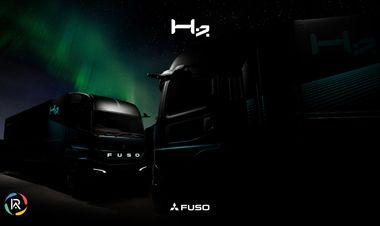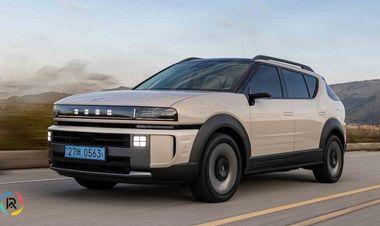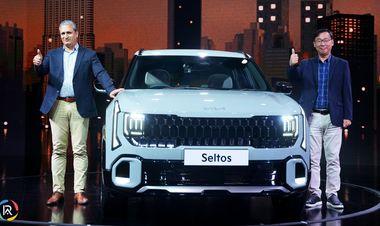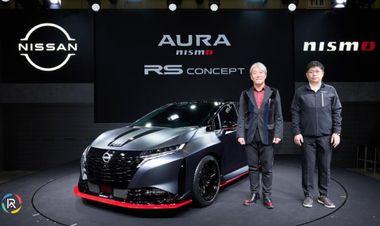Gothenburg, Sweden- Ekeri Oy., a design and manufacturing of commercial vehicles, including truck bodies and trailers, in collaboration with Volvo Group Truck Technology (GTT), a business unit of Volvo Group responsible for developing and managing product ranges for their truck brands and Volvo Penta, has developed a prototype e-trailer—an electric trailer designed to reduce emissions, improve energy efficiency, and support the growing transition toward electrified logistics. Now in use in Sweden, this innovative project signifies a critical step forward for the transport industry.
First revealed at the REEL results conference in Gothenburg, the e-trailer acts as a range extender for electric trucks. It captures regenerative braking energy and is compatible with both battery-electric and traditional combustion-engine trucks, enabling broader applications while reducing fuel consumption and emissions.
The development began in fall 2024 and is backed by a shared commitment to decarbonization and innovation. According to Ms. Saba Talimy, Product Manager for Electromobility at Volvo Penta, “Our transformation to truly sustainable solutions is at the core of everything we do. By expanding the use of our EV driveline platform, we strive to increase efficiency, safety, and create a great driving experience.”
The project has brought together a highly skilled, cross-functional team from Ekeri, Volvo GTT, and Volvo Penta, with collaboration and consistent communication forming the backbone of progress.
“The groundwork with planning, analysis, data, and a truly skilled team has led to the finished prototype. Collaboration and joint efforts have been crucial,” adds Talimy. “It’s important to have trust in each other and be able to find solutions together.”
The next milestone will see Erikssons Åkeri in Tomelilla, Sweden, integrate the e-trailer into its cold-chain transport operations. This real-world deployment will help gather critical performance data and provide insights into the e-trailer's viability under everyday logistics conditions.
“We’ve conducted extensive simulations, but now we get the chance to see what it’s really like to use an e-trailer in daily operations and show the world its value,” says Talimy.
While the e-trailer offers substantial benefits, the development team is mindful of ongoing challenges, particularly related to regulatory approvals, weight restrictions, and legislation that may affect wider adoption.
“The e-trailer is heavier than a standard trailer, so it can carry less net load. But since it is self-propelling, it reduces strain on the towing vehicle,” explains Talimy. In sectors like food logistics—where volume is prioritized over weight—this trade-off is not seen as a barrier.
Technical Specifications of the E-Trailer:
- Power Output: 195 kW
- Battery Capacity: 360 kWh
- Charging: 42 kW AC / 250 kW DC
These specs ensure the trailer delivers meaningful propulsion support and energy recovery while remaining compatible with existing charging infrastructure.
The prototype represents more than a technological breakthrough—it symbolizes a collective move toward a cleaner, more efficient logistics ecosystem. “For us who have worked on the project, the core is a shared journey towards truly sustainable solutions and improved drivability, which ultimately improves the driving experience for our customers,” concludes Talimy.
As the world embraces battery-powered transport solutions, the collaboration between Ekeri, Volvo GTT, and Volvo Penta positions them as trailblazers in redefining what trailers can contribute to transport sustainability. The e-trailer not only lightens the load for the planet—it leads the way into the future of logistics.








